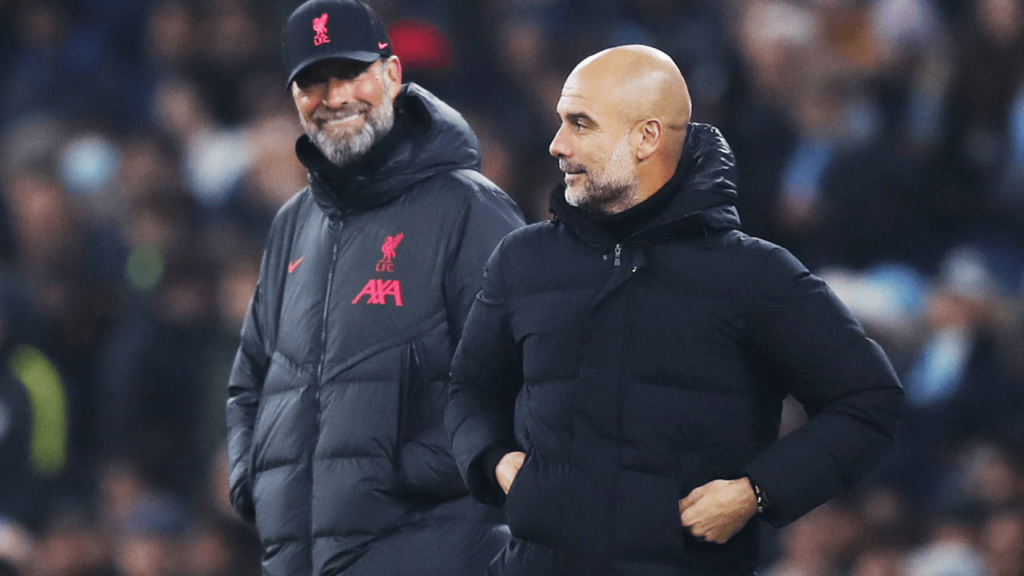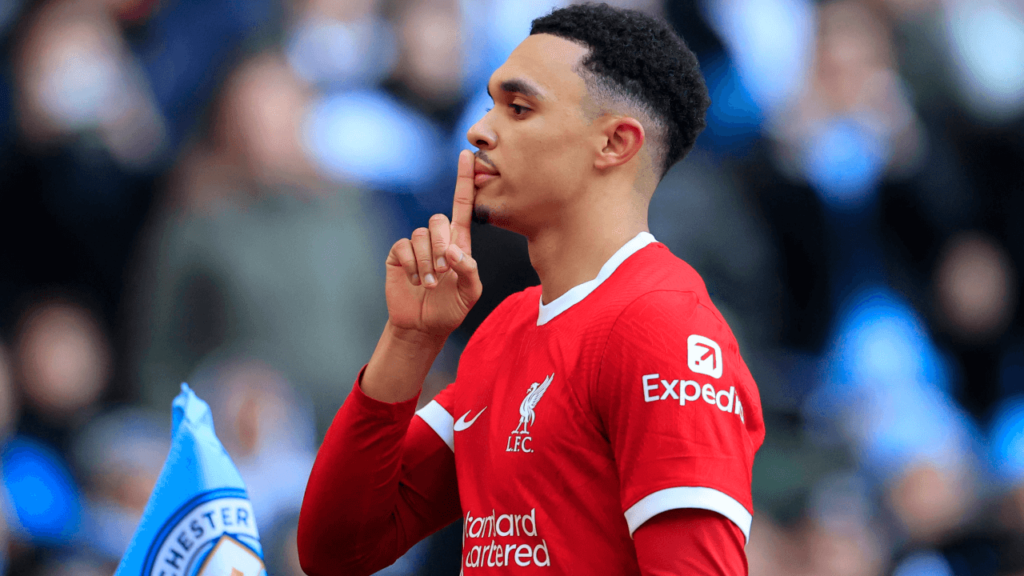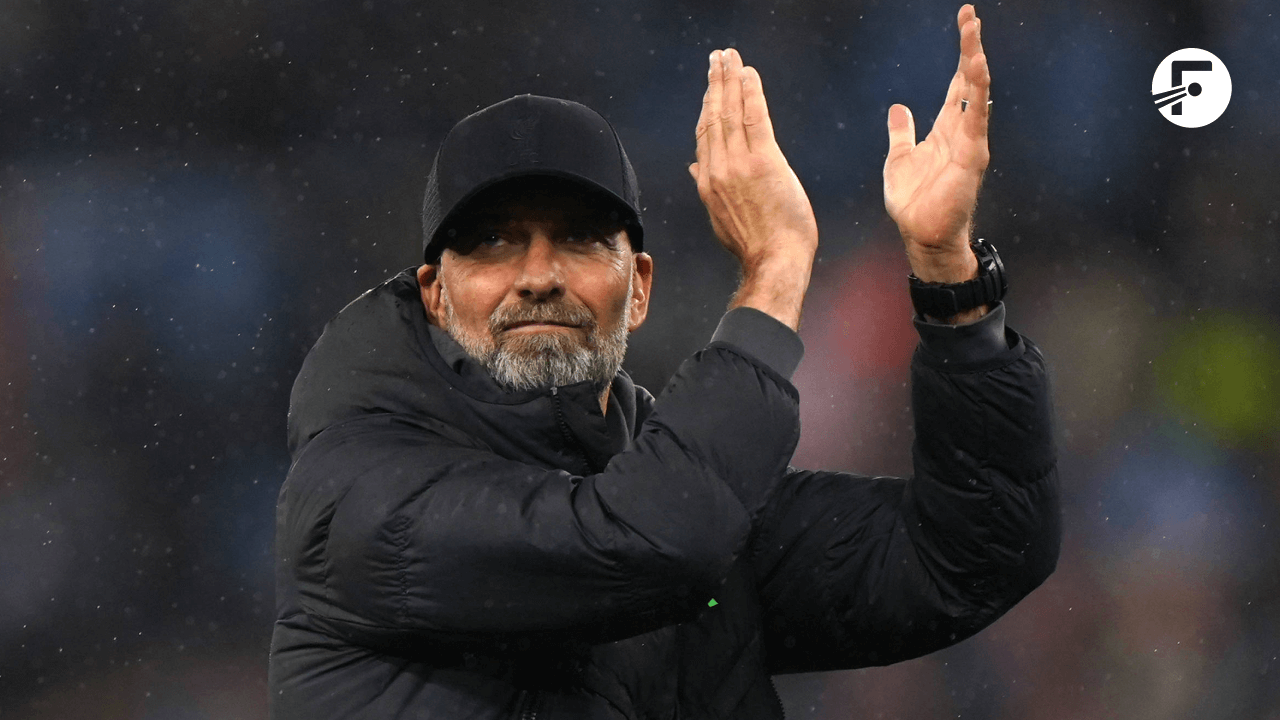Sunday will see Jürgen Klopp lead his final game as Liverpool manager, and though a replacement is already lined up in Arne Slot, this poignant farewell gives fans an opportunity to reflect on what they will miss.
By Jack Lusby, ThisIsAnfield.com
1. The football
It is long forgotten now that, while Liverpool played some of their most attracting attacking football under Klopp’s predecessor, Brendan Rodgers, it had long gone stale for his side on the pitch.
There was an immediate shift in emphasis when Klopp arrived, with promises of heavy-metal football and an increase in demands on the players, many of whom sustained muscle injuries in those early months as they got to grips with the manager’s hard-pressing style.
At their best, Klopp’s Liverpool blew teams away without chance to respond; the victories over Manchester City, Borussia Dortmund, Barcelona, Porto, Manchester United, Aston Villa, Southampton, Crystal Palace, Bournemouth and more over the years speak for themselves.
Up against Pep Guardiola’s City in particular, there was the sense that, despite the risk of a tactical surprise from his opposite number, Klopp would insist his side always go toe to toe with their rivals on the pitch.
The fans have loved him for it.

2. How he ‘got’ the fans
“Yesterday, for LFCTV, I had to read letters, and one of them I burst into tears. The stories behind what it meant to the people and what we did over these nine years and how their life changed in these nine years,” Klopp reflected in his final pre-match press conference on Friday.
When Klopp arrived, with fewer grey hairs and wearing a suit rather than a tracksuit or jeans, there was an immediate feeling that this was a manager who gets it.
He has shown that over almost nine years in the job, from uniting players and fans after a 2-2 draw with West Brom to masterminding some of football’s greatest underdog stories, all to the tune of You’ll Never Walk Alone.
Klopp was perfectly aligned with the city’s ideals, which allowed supporters to embrace him as a man as well as a manager.
“We are the ambassadors of our people, we have to fulfil their dreams, we try, cannot guarantee that but we try. We have to fight extremely hard because they fight extremely hard, that’s how I always understood it. And we always did it,” he continued in his send-off at the AXA Training Centre.
“These thoughts fitted to the people’s thoughts like a glove and that’s why it was pretty special. It’s a very, very, very special city.”
3. His unique pull with transfers
Under Rodgers, Liverpool’s approach to recruitment was fractured. Torn between the very specific desires of a ‘football man’ manager and the data-led nous of those in the boardroom.
It led to trade-offs such as Roberto Firmino being signed on the understanding that Rodgers would also be provided with his choice of No. 9, Christian Benteke.
But more troubling was the lack of pull when he came to convincing players to join the cause, with Michael Edwards still forging his reputation off the field and Rodgers often relying on Steven Gerrard making a personal pitch to targets.
The appointment of Klopp, and his subsequent success, changed that.
Suddenly, players were desperate to wear a Liverpool shirt, and the club were able to fend off high-profile competition to sign the likes of Virgil van Dijk, Alisson, Sadio Mané, Gini Wijnaldum, and more despite interest from their rivals.
4. Rewarding young talent
Would Trent Alexander-Arnold have established himself in the Liverpool first team were it not for Klopp? Quite possibly.
But the scale of the manager’s faith in youth certainly laid the foundation for their vice-captain to progress from academy to the forefront of the club’s plans.
He is far from the only example, either: 44 academy players made their debut for Liverpool under Klopp, with 14 of those going to make 10 or more appearances.
Curtis Jones, born and bred in the city, has already joined Alexander-Arnold in breaking a century of outings for the club, and there is a chance that many of those other 42 players – the likes of Jarell Quansah, Conor Bradley, Stefan Bajčetić and Bobby Clark – join them under Slot.
That, fortunately, is an encouraging sign when it comes to Klopp’s successor, with Slot another coach with a belief in young talent – which certainly bodes well for the future.

5. His relationship with the media
He would always protest to the contrary, but it is clear that Klopp is a manager who understands not only the importance of the media in football, but also how to use it to his advantage.
There was a special moment between the German and those members of the assembled press, many from Merseyside, after he held his pre-Wolves press conference, as gratitude was shown on both sides.
Klopp could be spiky in interviews, and he generated plenty of criticism – particularly from rival supporters – for his angry responses to situations on and off the pitch.
But he remained a captivating character which appears a dying breed within the sport, and the headline-writers certainly thanked him for it.
In Slot, fans will be hoping for a similarly engaging figure – which is almost a prerequisite now for any Liverpool manager – along with that ability to connect with the supporters at Anfield and beyond, and mesh a squad of big-money signings and high-potential youngsters into a successful machine.
Either way, they will never have another leader like Klopp.
(Cover Image from IMAGO)
To keep up to date with everything Liverpool, make sure you click follow on the team profile in the FotMob app. Download the free app here.
